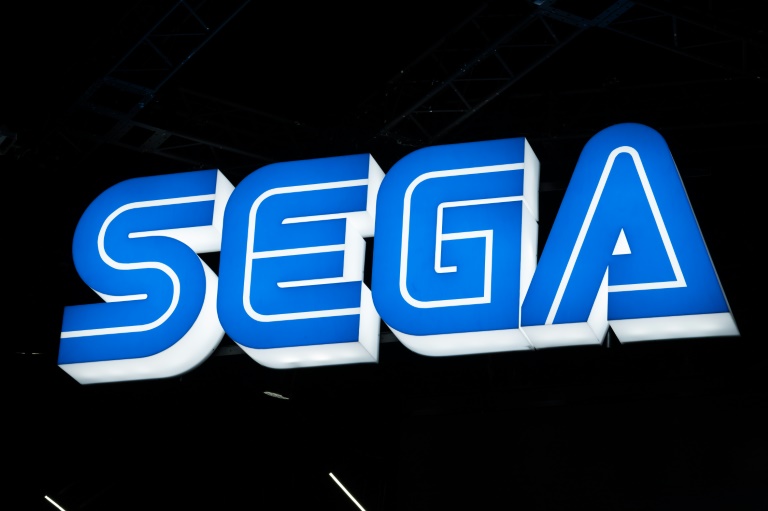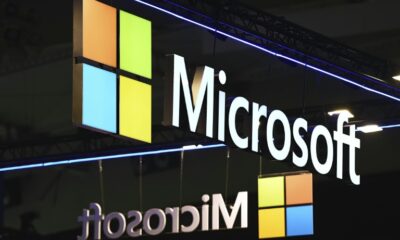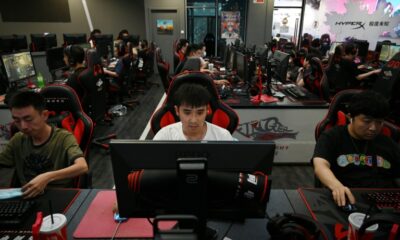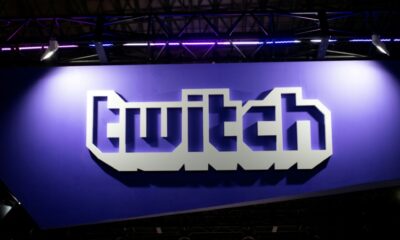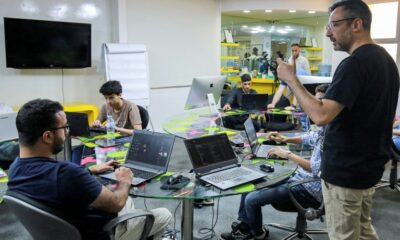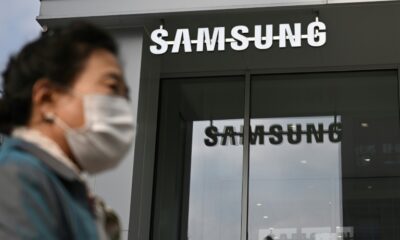Video game companies are fighting it out for a slice of an industry worth an estimated $300 billion, with a series of acquisitions leaving four giants and a clutch of feisty independents.
Regulators are still poring over Microsoft’s proposed acquisition of Activision Blizzard, the biggest buyout in video game history, and on Monday Japan’s Sega said it would buy the Finnish maker of “Angry Birds” for more than $770 million.
– Tencent: Global number one –
China-based Tencent is the biggest player in terms of revenue, dominating the Asian market and investing in game studios across the world.
The firm owns Riot Games, maker of battle royale hit “League of Legends”, and has stakes in French game stars Ubisoft and Activision.
It also acquired the Finnish studio Supercell (“Clash of Clans”, “Clash Royale”, “Brawl Stars”) in 2016 for $8.6 billion — a record at the time.
– Sony: PlayStation supremo –
Japanese consumer electronics colossus Sony has sold more than 500 million PlayStation consoles since 1994.
Through a subsidiary, it controls a host of studios — including Insomniac and Housemarque — that have developed exclusive titles for its machines such as the “Spider-Man” saga.
It strengthened its portfolio in January 2022 with a $3.6 billion acquisition of Bungie, the makers of “Halo” and “Destiny”, though “Halo” is still owned by Microsoft.
Sony also invested $2 billion in April 2022 in Epic Games, the company behind “Fortnite”.
– Microsoft: New big spender –
The American behemoth pitched the biggest acquisition in the history of the sector in January 2022 with its offer to buy Activision Blizzard for $69 billion.
The deal would see the software titan get its hands on major titles such as “Call of Duty”, “World of Warcraft” and “Diablo”.
But regulators in the United States, European Union and Britain have opened investigations into the deal.
The group behind the Xbox consoles already has control of games like “Minecraft”, “Elder Scrolls” and “Fallout” thanks to earlier acquisitions.
And it is now setting its sights on becoming the “Netflix of video games” with its Game Pass online platform that allows users to download games or play them via the cloud.
– Nintendo: In-house games –
With its reliance on self-made sagas such as “Mario”, “Zelda” or “Pokemon”, Nintendo stands out from its competitors by staying away from the frenzy of acquisitions in the sector.
As well as its in-house games, Nintendo also focuses heavily on its Switch console, which has shifted more than 100 million units since its release in March 2017.
– The independents –
Several leading publishers have so far stayed out of the hands of the giants, but could become targets in the near future.
American maker Take-Two is a heavyweight in its own right, its stable filled with popular games including “Grand Theft Auto”, “NBA 2K” and “Red Dead Redemption”.
And it has itself played the acquisition game, spending $12.7 billion to acquire mobile game developer Zynga, creator of the farming simulation “FarmVille”.
Sega, creator of the “Sonic” franchise, also dived into the acquisition game on Monday with a bid of more than $770 million for “Angry Birds” maker Rovio.
Other major independents include Electronic Arts and Ubisoft, both having multibillion-dollar valuations.

 Business4 months ago
Business4 months ago
 Business5 months ago
Business5 months ago
 Events3 months ago
Events3 months ago
 People4 months ago
People4 months ago
 Events6 months ago
Events6 months ago
